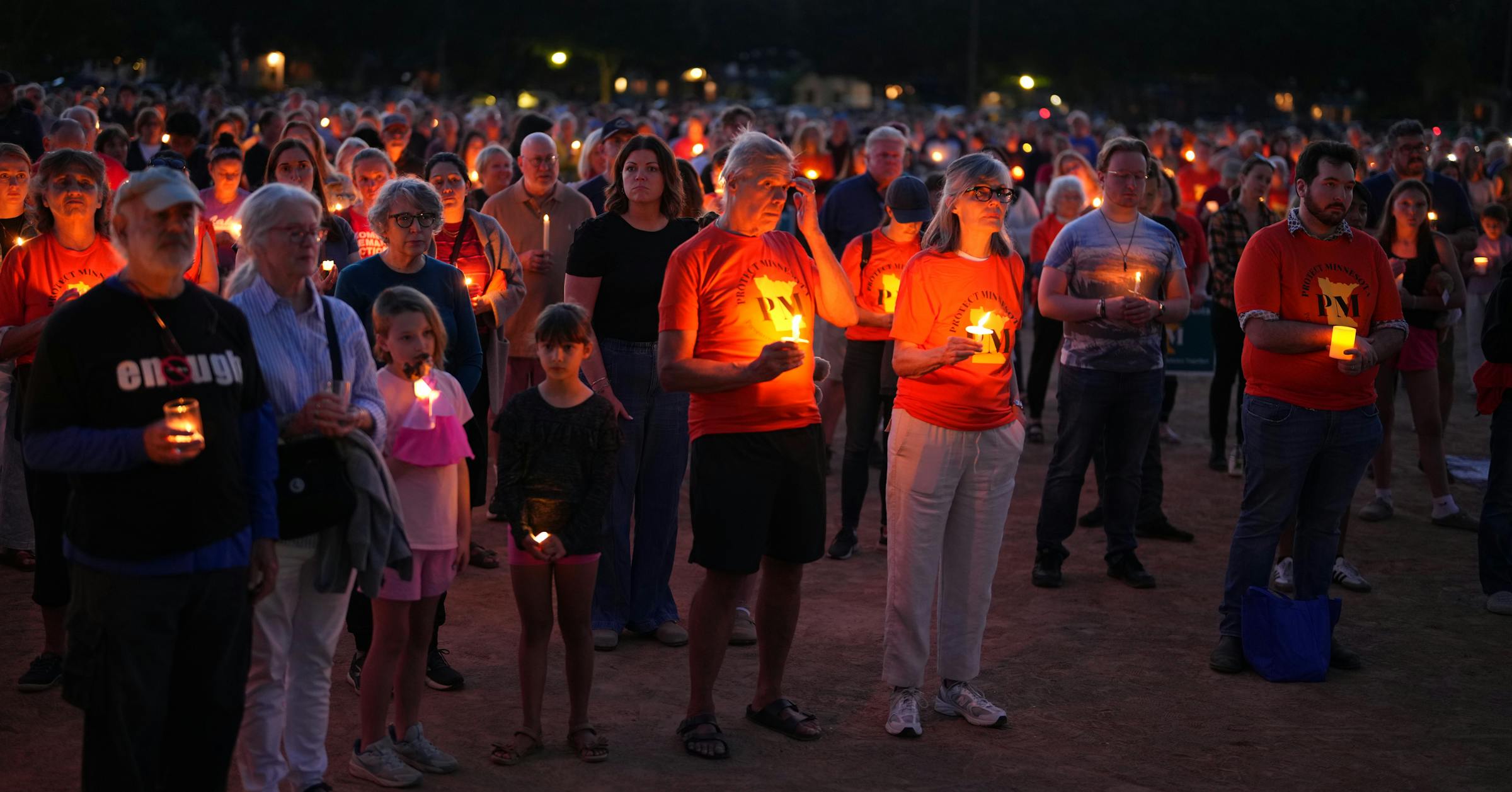‘Messy separations’ are affecting children and their teachers – campaign calls on schools and parents to act
By Amber Allott
Copyright thescarboroughnews

A new survey has found more than half of schools have been reeled into disputes between separating parentsTeachers say these disputes are also having a big impact on their pupils in the classroomBut very few of them have any training on these children’s needs – or even on the legal side of separationsA campaign group has released new resources to help schools better support these young people
A family campaign group is urging schools to better prepare themselves to help pupils navigating the aftermath of messy separations – and for parents to keep disputes away from the school gate.
On Thursday (September 9), The Parents Promise – which wants to change the culture of separation in the UK, and provide more support for families during the process – released the results of a new teacher’s survey. It saw more than 7,000 educators quizzed on the impact separations were having on the children they taught, as well as how well-prepared their schools were to manage this.
The survey found that disagreements between parents were widely spilling into school life, with children often left to bear the emotional and educational costs. Schools themselves were being reeled into arguments too – something many teachers didn’t feel trained to handle.
But just how big of an issue are separations causing in the classroom, and what do campaigners say needs to change to make sure children – and their education – were put first? Here’s what you need to know:
How big an issue is separation in our schools?
Parents ending their relationship affects hundreds of thousands of children across the UK each year – as many as 280,000 according to experts at the Family Solutions Group, which works with children and parents going through a separation. Government figures estimate that as of the end of 2023, there were 2.4 million separated families in Great Britain, including 3.8 million children.
Overall, more than half (58%) of the teachers who took part in the new survey said that their school had been involved in disputes between separated parents. About 3 in every 5 (61%) had witnessed one parent trying to cut the other out of school communications, while 1 in 5 had seen one attempt to block the other from collecting their child from school.
When parental disagreements followed them into the classroom, it was the children who lost out, they warned. Some 8 in 10 teachers reported a negative impact on both attendance and performance, while 9 in 10 said their pupils’ mental health had suffered.
But it could have an impact on teachers too, and school-parent relationships could also become strained. Many staff felt their schools were not prepared to manage the issues that come up – with limited training, policies and safeguarding protocols in place.
Nearly 9 out of 10 teachers said that they had received no training on dealing with children’s needs during a separation. Just 1 in 20 have been trained on the legal aspects, while fewer than 4 in 10 schools had any kind of separation policy in place. Only 8% – less than 1 in 10 schools – had a nominated safeguarding lead for separation.
A ‘hidden safeguarding crisis’
The survey data came as The Parents Promise launched its new Education Initiative. This includes a series of resources for schools and families alike, to help better support parents and teachers managing the effects of separation in schools.
The group is campaigning for action on two fronts; for parents to keep disputes away from school gates and maintain joined-up communication for their child’s sake, and for schools to introduce training, policies and dedicated safeguarding leads. Founder James Hayhurst said that parental separation was fast becoming “a hidden child-safeguarding crisis”.
“Schools should be safe havens for learning, not arenas for parental conflict. Yet too often, teachers and children are being drawn into disputes that don’t belong in the classroom,” he continued. “Every time a disagreement spills over into school, it’s the child who suffers. That has to stop. We’re calling on parents to keep conflict away from the school gates and we’re equipping teachers with the tools and training they need to protect and support children through separation.”
The High Court’s family division president, Sir Andrew McFarlane, also welcomed the initiative. “Parental separation doesn’t have to mean poor outcomes for children, but the way separation is handled matters,” he said.
“If we had a blank sheet of paper and were designing a package of support for a child whose parents are separating, that child’s school would of course play a fundamental role in that plan. By providing guidance and resources for teachers and parents alike, the Parents Promise will make a real, practical difference.”
If you’re considering a separation or divorce from your partner, the Government has created a helpful information page listing the steps you will need to take – as well as places you can go for support or advice. You can find this online here.



